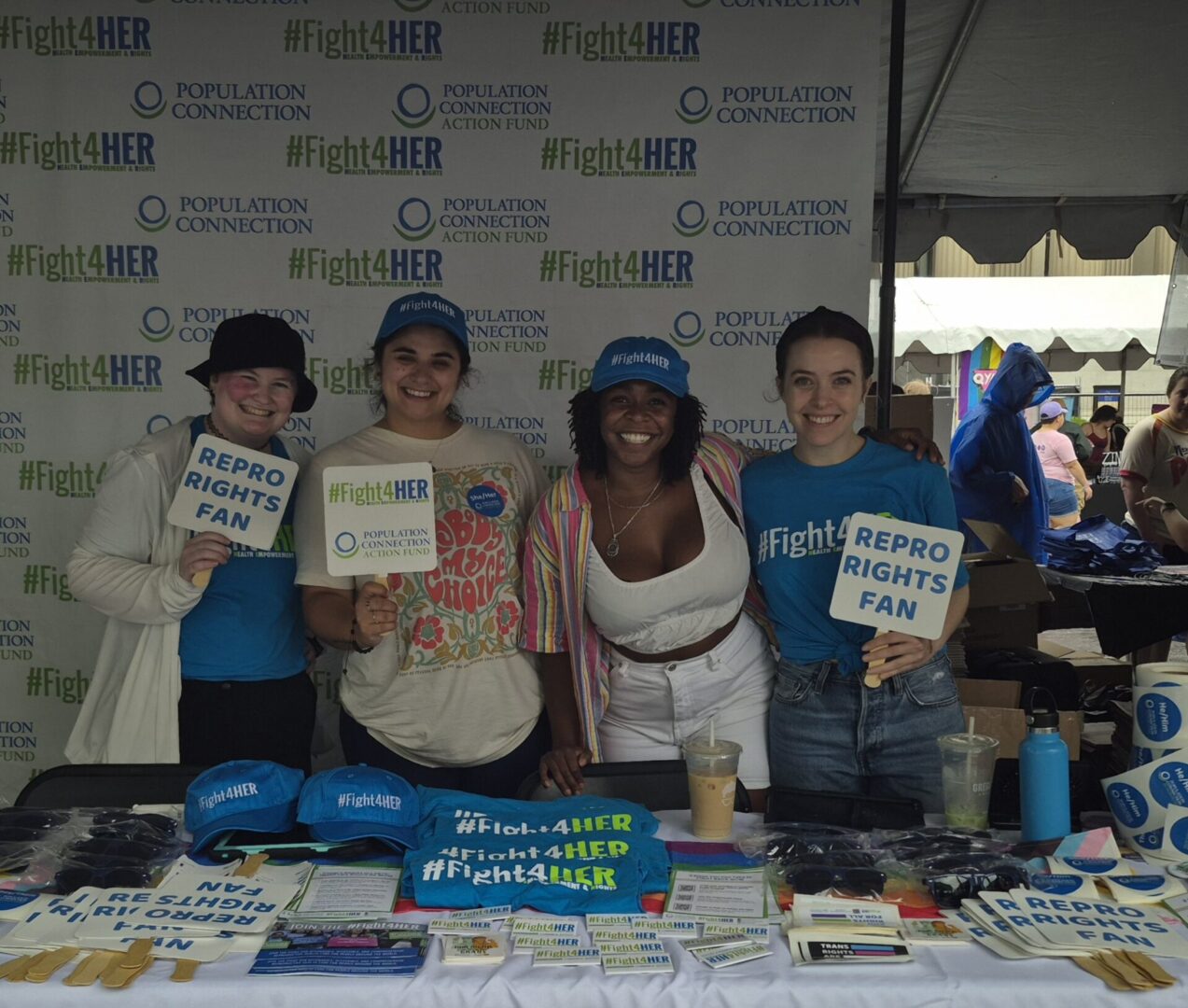Global LGBTQI+ Health at Risk
Written by Rory Reedy-Solano | Published: June 23, 2025
Since the beginning of the Pride movement, activists have been fighting to end discrimination and inaccessibility for LGBTQI+ patients’ health care. Around the world, patients are denied comprehensive health care services because of their identity, or don’t feel safe to seek out lifesaving treatments because of cultural stigmas they face. To tackle these barriers, numerous non-governmental organizations, ranging from local, community-based groups, such as our allies at Bomu Hospital in Mombasa, Kenya, to national and international organizations, including the Gates Foundation and the World Health Organization, have established programs specializing in queer health. These initiatives target different aspects of health care, from HIV prevention and treatment to mental health and violence prevention efforts.
The U.S. State Department began funding international LGBTQI+ organizations in the early 2010s and has successfully grown its outreach efforts over the past 15 years under both Democratic and Republican administrations. The Department established the Global Equity Fund (GEF), appropriating over $100 million to “support programs that provide emergency assistance to human rights defenders and human rights programming support to grassroots LGBTQI+ organizations.” Since President Trump’s Stop Work Executive Order in January, several foreign aid assistance programs, including GEF, and the entire U.S. Agency for International Development (USAID), which funded projects serving LGBTQI+ communities worldwide, have been defunded. One hundred and twenty grants to LGBTQI+ initiatives, from grassroots programs to national organizations, have been suspended.
Researchers from Outright International are predicting far-reaching effects on the livelihoods of LGBTQI+ individuals worldwide if funding is not reinstated soon. In a recent survey of over 125 LGBTQI+ advocacy organizations from 59 United Nations member states, the majority (79 respondents) said they had to lay off staff or stop work entirely because of the Executive Order. Other organizations reported that their work responding to queer violence has been jeopardized and note the effect of income loss, as many recipients and employees have come from impoverished backgrounds.
As the largest donor to global health programs, the United States has established itself as a major player in local and national health care infrastructure that now relies on this aid, specifically locally-led programs that serve marginalized communities. These operations not only provide health care services, but also legal services and protection from criminalization, and work to prevent trans and homophobic violence. These services are essential, but many low- and middle-income countries lack the infrastructure or political will to support such robust programs.
Domestically, the National Institutes of Health rescinded over 270 grants focused on improving the health of LGBTQI+ Americans. This is along with other efforts to silence conversations around the current and past prejudices marginalized communities have faced in the United States. The federal government continues to enforce discriminatory policies for LGBTQI+ communities, with the Supreme Court upholding Trump’s ban on transgender federal troops. Similarly, the Supreme Court has been sending cases regarding marginalized groups back to the states, even at the risk of undermining constitutional protections. Most recently, on June 18, the Supreme Court upheld a Tennessee state ban on medical treatments for transgender youth, setting a precedent for other states to enforce similar bans.
The Trump administration’s attack on global health assistance is an attack on freedoms for marginalized communities around the world. By rescinding foreign and domestic aid that targets assisting LGBTQI+ communities, the United States contradicts its commitment to protecting and fighting for universal human rights. This Pride Month, you can take action by demanding that federal global health funding be restored to ensure all communities have safe and reliable access to sexual and reproductive health care.

